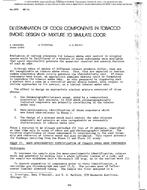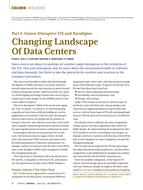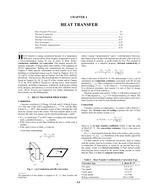Wind-driven rain (WDR) is known as a potentially damaging moisture source. Over the last decades, true advances in predicting WDR’s impact on building enclosures have been made. Computational fluid dynamics (CFD) -based windfield calculations, in combination with droplet trajectory tracing, allowed for calculation of catch-ratio distributions. Validation comparison with measured data showed results to be quite close to observations. Bouncing, splashing, evaporation, and buffering—phenomena occurring when raindrops strike a surface—also were analyzed.
Actual HAM-models handle WDR as a flow rate that is either (1) buffered by a capillary active outside finish until run-off starts once its surface has turned capillary wet or (2) runs off immediately if the finish is noncapillary. The absorbed part of the run-off is redistributed while drying to the outside and the inside. During sunny weather, solar-driven diffusion activates redistribution, causing high relative humidity sorption and sometimes interstitial condensation in and against layers close to the inside finish. At the design stage, one could expect these model capabilities to help predict problems with the proposed enclosure solution.
This, however, is hardly true. What happens with run-off is too random and circumstantial to be grasped by models, as this paper illustrates using three real-world cases.
Citation: Thermal Performance, International Conference, 2010
Product Details
- Published:
- 2010
- File Size:
- 1 file , 2.3 MB
- Product Code(s):
- D-BuildingsXI-15


